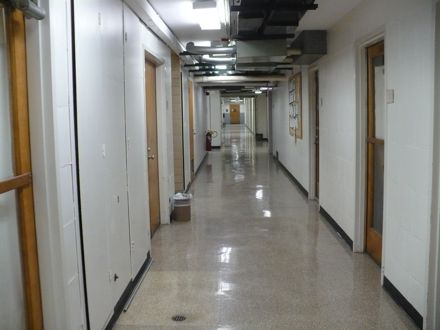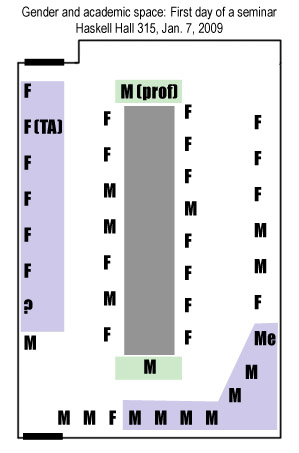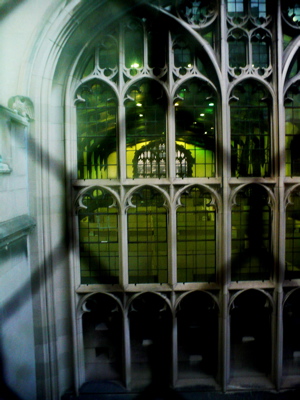Recently I got an interesting email from my university’s communications department with a link to a speech recently given by the university’s current president, Robert Zimmer. They said they had appreciated my prior comments on academic freedom and were curious to hear my comments on this speech.
Never having been asked to comment on anything on this blog, I felt a little puzzled, but eventually thought, why not? So here, if you like, are some theses on understanding this instance of a presidential speech.
(1) A presidential speech is a balancing act, a diplomatic performance; and as such, it is almost inevitably produced under severe institutional and diplomatic constraints. One might put it like this: university presidents enjoy no right to free speech. Or at least, no free speech without the threat of retribution from any of numerous quarters. If you read Dean Dad’s wonderful blog about his life as a community college dean, the first thing you find out is that university management (call them leadership or administrators if you prefer) operates in a state of constant compromise and constraint. In a great recent post, he explains something about the constraints on what one can say in his role: “When I spoke only for myself, it didn’t really matter what I said. But as a leader in the institution, comments that once would have been merely snarky were suddenly taken as indications of larger directions.” Just think of Larry Summers. As president, one is heavily vetted to begin with, continuously accountable to multiple constituencies, and under pressure not to rock the boat. And as Dean Dad points out, “front-room talk” isn’t the same as “back-room talk”: even if presidents may be frank in private, they are seldom unguarded when acting in their ceremonial role. First thesis: presidents are not free agents. Corollary: a presidential speech on academic freedom invokes a value that it cannot practice.
(2) The presidential speech is a kind of self-instituting, self-authorizing ceremonial language that functions to assure or reassure the continued dignity of the institution. And a presidential speech is hence less an empirical report on an institution than a moment in the reproduction of an institutional self-image. As in commercial advertising or a political campaign, one puts one’s best foot forward. It’s less that what is said is false as that campus life is glossed with the veneer of an institutional fantasy. This fantasy — one can see it in Zimmer’s speech — implicitly embodies its own criteria of evaluation, which are essentially aesthetic. In such a speech, institutional reality vanishes into the self-satisfied ether of institutional desires for beautiful self-representations.
Continue reading “Four theses on university presidents’ speech” →



